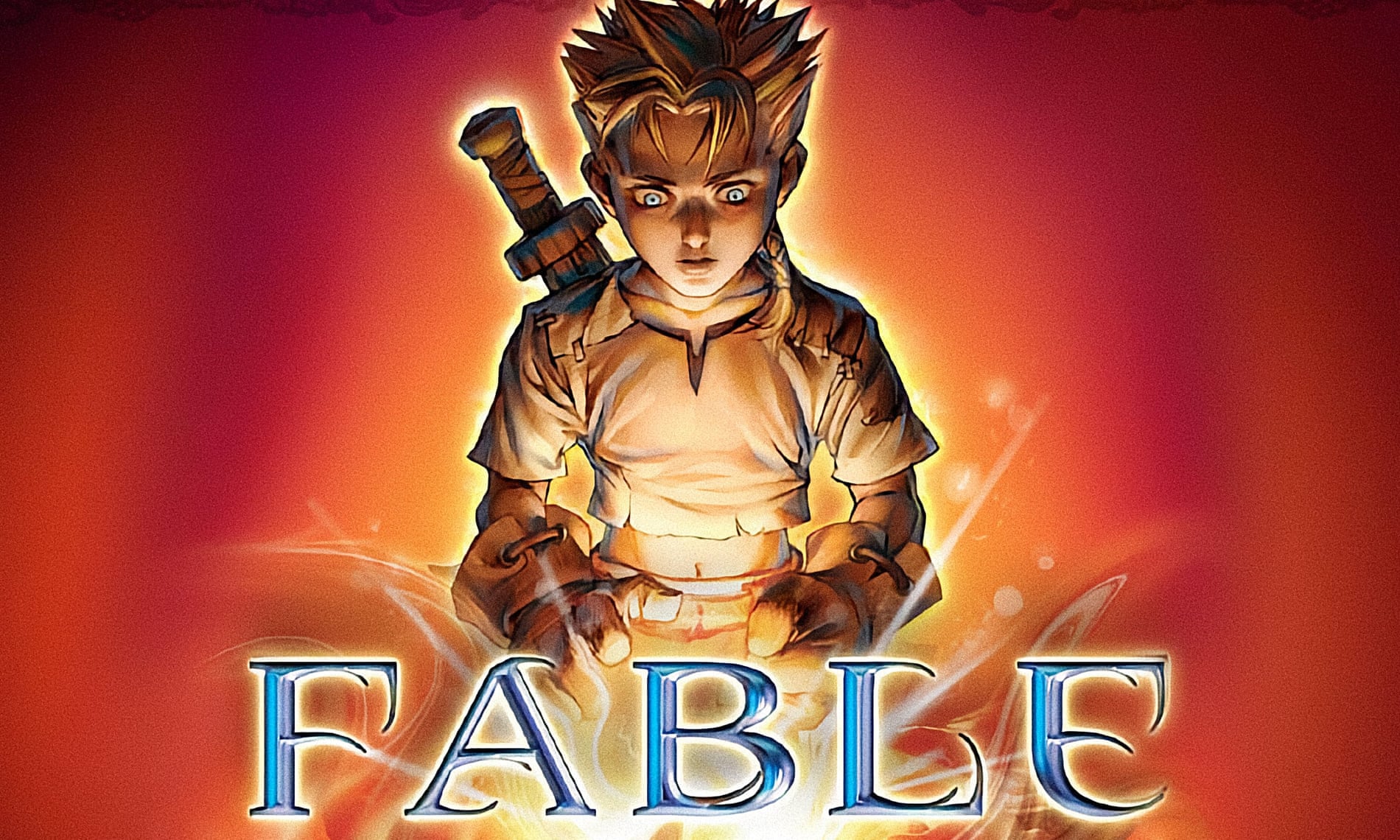In 2004, Fable was as famous for what it didn’t deliver as for what it did. But this Python-esque fantasy game deserves to be remembered for more than that

Fable game, box art image Photograph: Lionhead/Big Blue Box
Fable: A Legacy of Ambitions
In 1985, brothers Dene and Simon Carter dreamed of creating a fantasy role-playing game with compelling characters and a reactive world. Their vision, however, was far beyond the technological capabilities of the time.
Thirteen years later, at their own studio Big Blue Box, they finally had the opportunity to bring their dream to life. Working with Lionhead and Peter Molyneux, they developed Fable, which was released in 2004 for the original Xbox.
Despite falling short of some of the highly anticipated features, Fable introduced innovative ideas that would later influence other games. The game's setting, Albion, a whimsical version of England, and its emphasis on character development and player choices were unique for its time.
Key Features and Impact
- Character Development: Players could watch their character age and develop over time.
- Player Choices: While not as impactful as promised, player choices influenced character appearance and reputation.
- Unique Personality: Fable's characters had distinct personalities and engaging interactions.
- Influence on Other Games: Fable's ideas inspired future RPGs like Skyrim and Mass Effect.
Challenges and Controversies
Despite its successes, Fable faced challenges:
- Peter Molyneux's Broken Promises: Molyneux's overenthusiasm and unfulfilled promises damaged Fable's reputation.
- Limited Choices: The game's story path was linear, and player choices had limited impact.
- Lionhead's Downfall: Microsoft's mismanagement of Lionhead led to its closure in 2016.
Looking Ahead
Despite the challenges, Fable's legacy lives on. Its sequels, Fable II and III, were successful, and a new Fable game is currently in development at Playground Games.
Fable's unique personality and ambitious ideas continue to inspire game developers, making it a significant milestone in the history of role-playing games.
Keza MacDonald